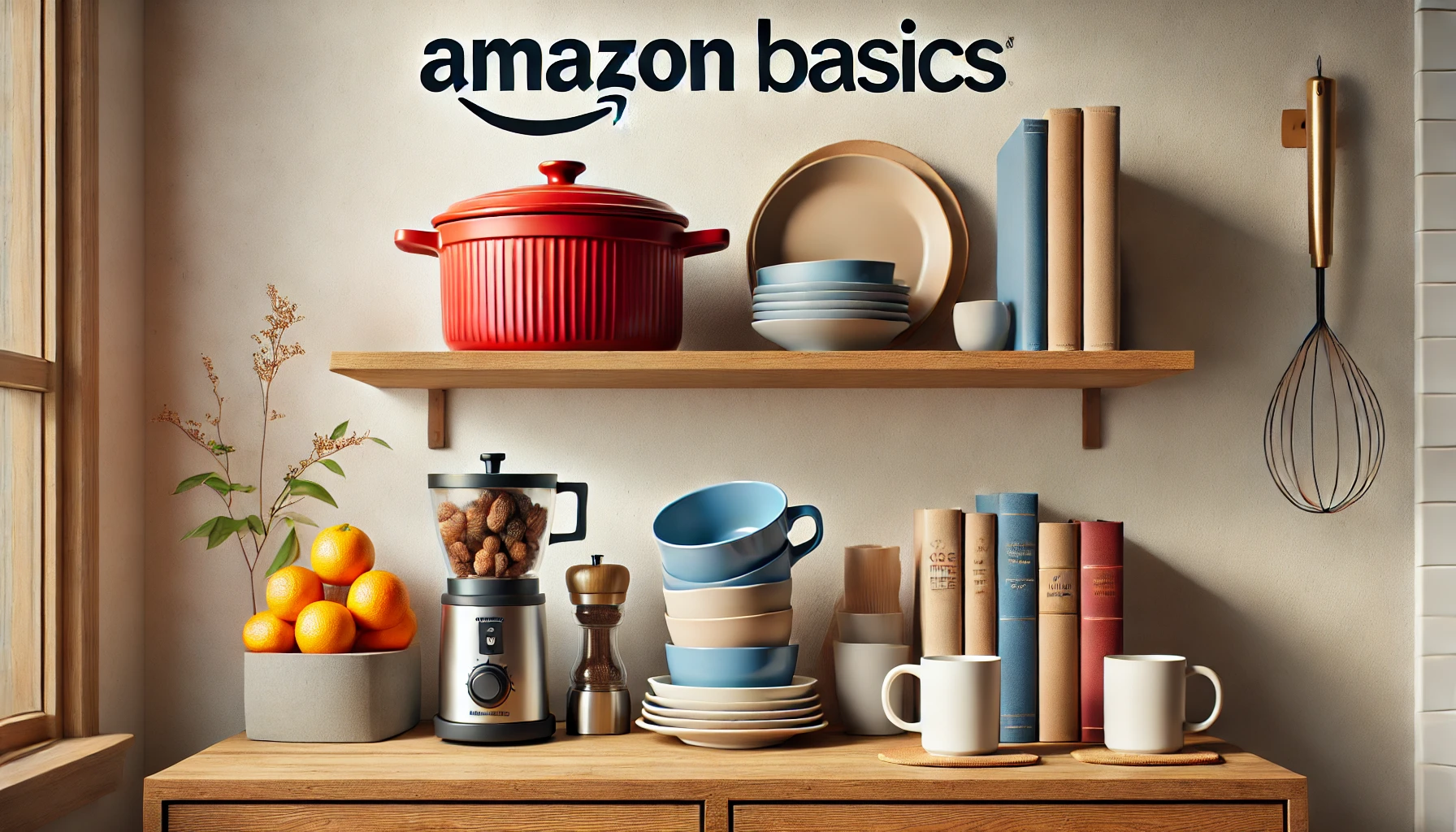
Navigating Safety and Compliance Challenges on Amazon
The U.S. Consumer Product Safety Commission (CPSC) recently issued a final order to Amazon, mandating stringent remediation plans for hazardous products found on the platform….
Blogs | July 19, 2022
How is Amazon Reacting to Rising Inflation?
Amazon is poised to face the current economic situation better than most stores as the United States faces the highest inflation in forty years. Inflation is usually bad for everyone, but with a business model based on commission and seller fees, Amazon will be less adversely affected.
Amazon [retail] is comprised primarily of third-party sellers and takes a commission on their sales. They also charge advertising, storage, and shipping fees to many of these sellers. Even if Amazon doesn’t raise its commission fee (typically 15%), the online retail giant will make more as inflation continues to drive up prices. It’s the third-party sellers and manufacturers that are going to get squeezed during this inflationary economy.
Many manufacturers today are dealing with supply chain challenges. For Amazon, the beauty of having thousands of brands is that if a few are out of stock, they will be less affected than a brick-and-mortar store with significantly less options of brands and supply of inventory. With more brands on Amazon from across the world, supply chain issues have a lesser impact. A typical Super Walmart store has only 180,000 unique items on its shelves, compared to millions available on Amazon. Supply Chain issues at Walmart may drive more consumers to Amazon to find what they need.
Shipping costs are the other variable number in each sale. However, when UPS raises its rates, Amazon passes those increased fees on to the seller, most recently implementing a 5% Fuel and Inflation Surcharge. Amazon also recently raised Prime fees, which is ultimately a shipping price increase passed directly to the buyer.
Pivoting is a term we’ve heard ad nauseam since the Pandemic started. What makes Amazon so inflation-proof is that it doesn’t need to pivot to survive. Amazon is a desirable platform, and both the consumer and the seller pivot.

The U.S. Consumer Product Safety Commission (CPSC) recently issued a final order to Amazon, mandating stringent remediation plans for hazardous products found on the platform….

Exciting news at POTOO! ✨ We’re thrilled to officially welcome Jennifer Elmashni our newly appointed President. Jennifer is a true eCommerce powerhouse, and we’ve had…

Amazon’s private-label brand, Amazon Basics, has transformed the e-commerce landscape since its inception. Known for its affordability and wide range of products, from home essentials…